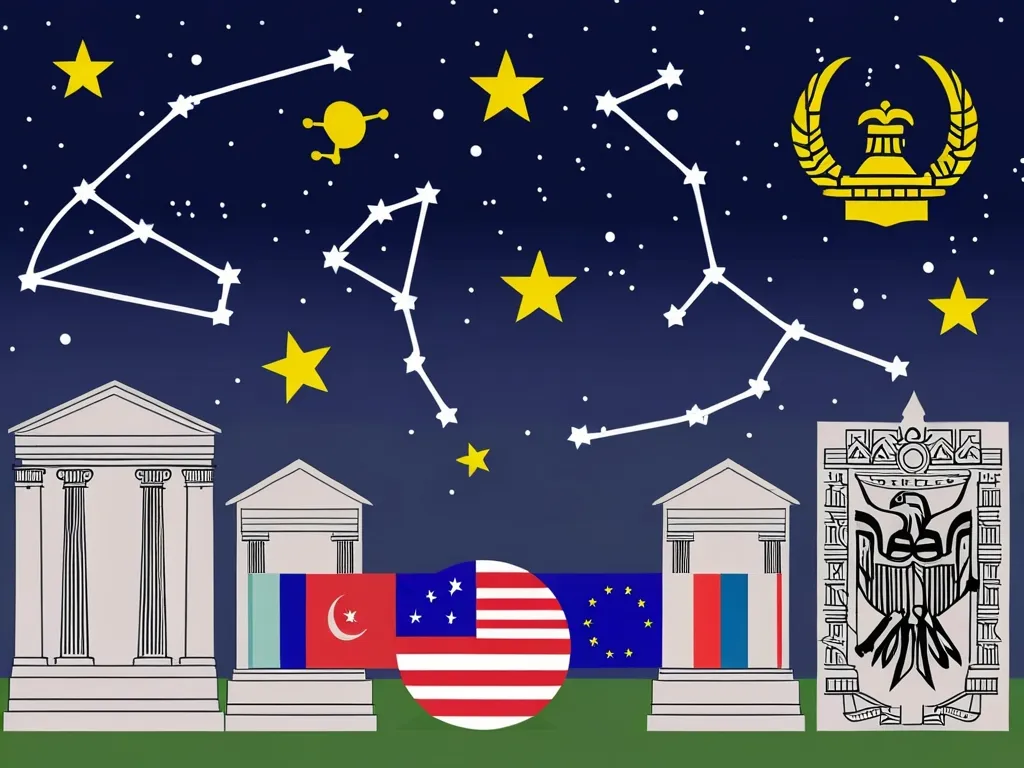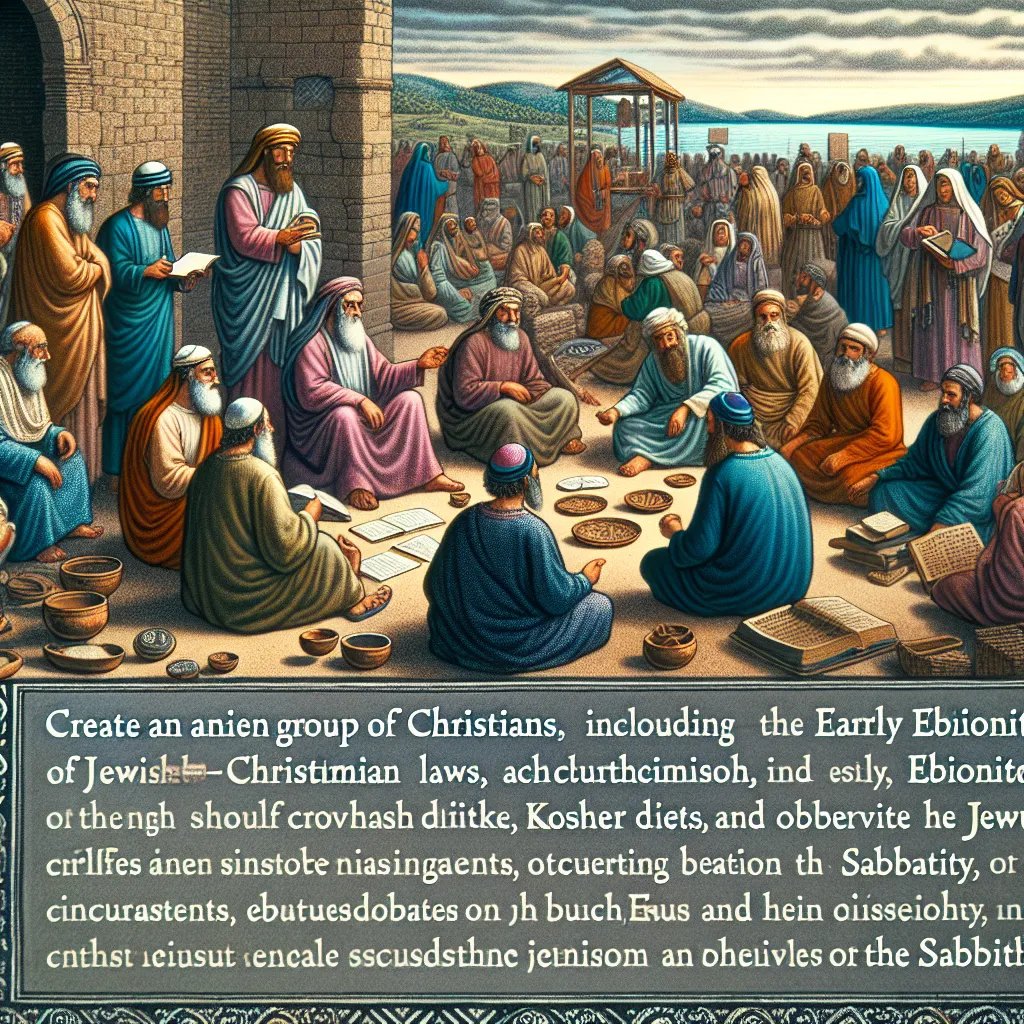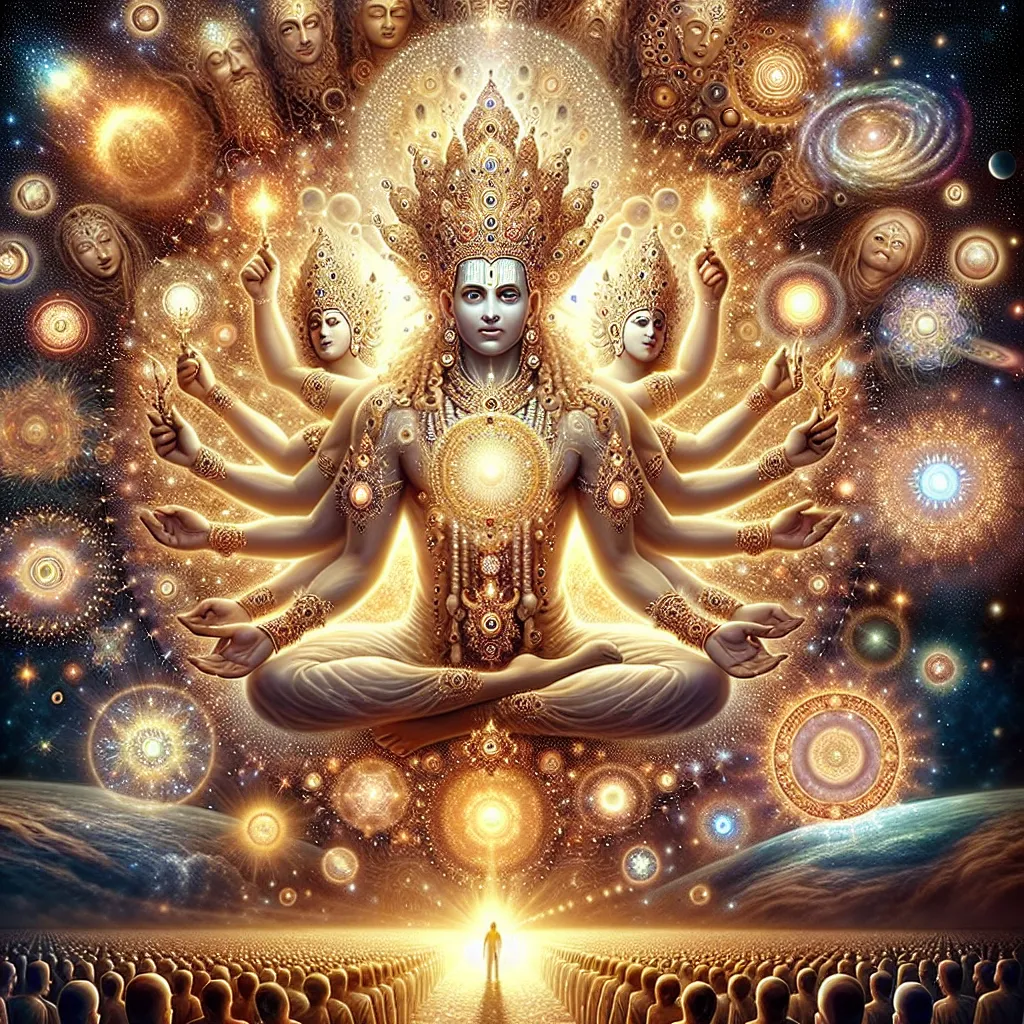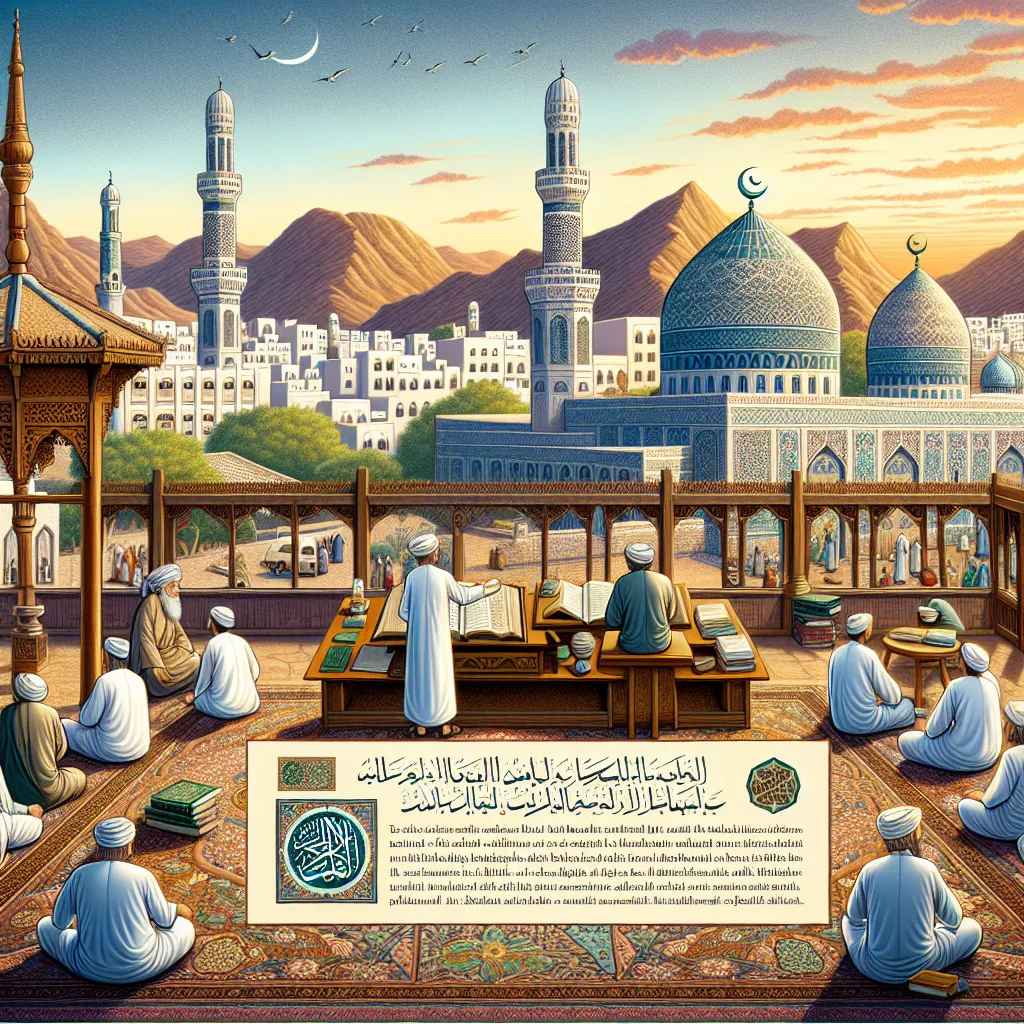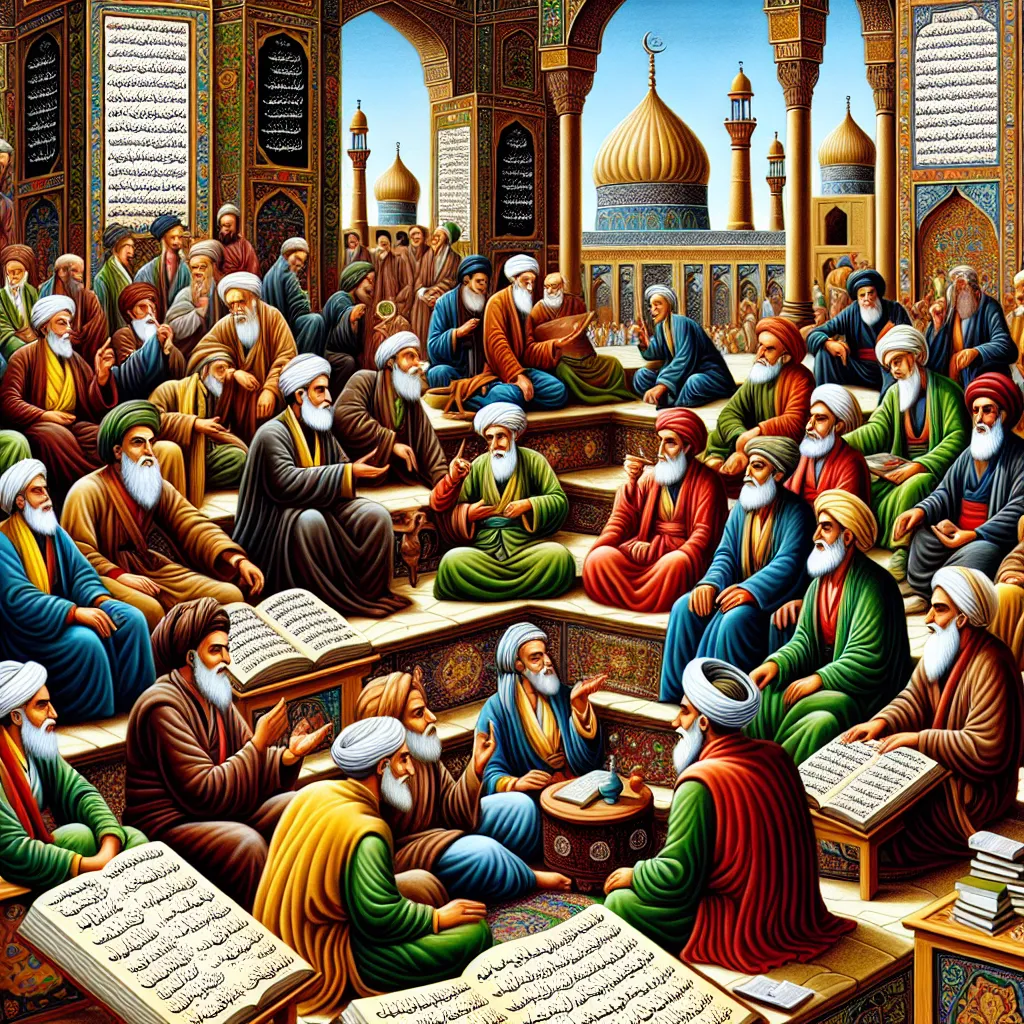As we navigate the complex and often turbulent world of politics, it’s intriguing to consider the lesser-known influences that have shaped historical decisions. One such influence, often overlooked in modern times, is astrology. For centuries, leaders from ancient emperors to early modern statesmen have consulted astrologers to guide their political strategies, from declaring war to signing peace treaties.
Let’s start with the ancient Romans, where astrology was an integral part of imperial decision-making. Roman emperors would frequently consult astrologers to determine the most auspicious times for significant events. This practice was not limited to personal affairs; it extended to state matters, including the timing of military campaigns and diplomatic missions. The alignment of the stars was believed to hold the key to success or failure, and emperors were keen to align their actions with celestial favor.
Moving forward in time, we find that astrology continued to play a significant role in the political landscape of the Renaissance. In Italy, during the 15th to 17th centuries, astrological prognostications were a common tool for predicting the health and fate of kings, princes, and popes. These predictions were not mere entertainment; they were used to plan military and political strategies, often serving as a basis for legitimizing or challenging the rule of a political leader. Astrologers would use various techniques, such as prorogations and interrogations, to forecast future events, and their forecasts carried significant weight in the political arena.
The American Civil War era provides another fascinating example of astrology’s influence on politics. During this period, astrology was intertwined with the abolitionist movement. The American Anti-Slavery Almanac, published annually from 1836 to 1843, included not only natural astrology information but also antislavery literature and advertisements. This almanac helped promote the visibility of the antislavery cause and informed the public about enslaved people’s rebellions and relevant political speeches. Judicial astrology, which involved predicting the fates of individuals and nations, was also prevalent. Astrologers like Luke Broughton published periodicals that predicted election outcomes and the personal lives of political figures, demonstrating how deeply astrology was embedded in the political discourse of the time.
In more recent history, the influence of astrology on politics is still evident. Ronald Reagan, the 40th President of the United States, famously consulted an astrologer named Joan Quigley to time his public appearances strategically. This practice was not unique to Reagan; many political figures have sought astrological guidance to navigate the complexities of their roles.
Today, as we approach the 2024 US presidential election, astrology is once again gaining traction as a tool for understanding and predicting political outcomes. Astrologers are analyzing the charts of candidates like Donald Trump and Kamala Harris, forecasting their chances and the potential twists and turns of the election. The alignment of the stars, particularly the rare event of the United States’ Pluto return, is seen by some as a harbinger of significant transformation and societal change. This event, occurring once every 200 years, symbolizes a period of deep political and societal upheaval, and astrologers believe it could play a crucial role in shaping the election’s outcome.
The use of astrology in politics is not just about predicting winners or losers; it also serves as a way to connect with voters on a deeper level. In a time of great political polarization and anxiety, people are turning to astrology as a means of finding meaning and coping with the uncertainty. Astrologers like Laurie Rivers and Amy Tripp have built significant followings on social media, using their platforms to interpret current events and provide a sense of comfort and intrigue to their followers.
However, it’s important to note that the integration of astrology into political discourse is not without its challenges. The line between meaningful interpretation and conspiracy theories can be thin, and the algorithms of social media platforms often amplify content that is sensational rather than responsible. Astrologers themselves are aware of this risk and are working to communicate their insights in a way that is both engaging and responsible.
As we reflect on the role of astrology in shaping historical political strategies, it becomes clear that this ancient practice has had a profound and lasting impact. From ancient emperors to modern-day politicians, the stars have been consulted to guide decisions that have shaped the course of human history. While the scientific community may question the validity of astrological predictions, there is no denying the significant cultural and historical significance of this practice.
In a world where politics is increasingly complex and divisive, the appeal of astrology lies in its ability to offer a different perspective, one that connects us to a broader universe and encourages us to think about our place within it. Whether or not one believes in the direct causal influence of the stars, the social and cultural impact of astrology on political decision-making is undeniable.
As we look to the future, it will be interesting to see how astrology continues to influence political strategies. Will it remain a fringe interest, or will it become more mainstream? One thing is certain: the intersection of astrology and politics is a rich and fascinating field that offers unique insights into the human desire to find meaning and guidance in the stars.
